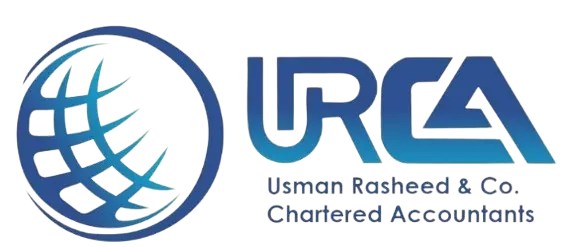Difference between GAAP & IFRS
Without accounting and financial reporting standards and principles , businesses could easily skew and distort their financial results to make themselves look more attractive and successful to the investors and general public. It would also be much harder and difficult to compare financial performance of different companies and businesses
Here is where International Financial Reporting Standards (IFRS) and generally accepted accounting principles (GAAP) and I) come in. These two sets of guidelines, principles and accounting framework—one International, and one American, which most companies and businesses follow when preparing their financial statements and other financial reports . With these accounting and financial reporting standards in place, people can be sure businesses are accurately reporting their finances and accounting results so that they can make informed decisions.
IFRS
The International Financial Reporting Standards (IFRS) are a set of accounting and reporting standards produced by the International Accounting Standards Board (IASB). The International Financial Reporting Standards (IFRS) govern how businesses and corporations around the world will prepare their financial statements. Unlike GAAP, the IFRS does not specify how financial statements should be created, but rather gives suggestions to standardise standards and make the accounting process consistent around the world.
The International Financial Reporting Standards (IFRS) are being used throughout the European Union, South America, and in many countries of Asia and Africa.
GAAPs
The GAAPs is a set of standards that US businesses and corporations must adhere to when preparing their annual financial statements. The GAAPs take an authoritative approach to the accounting process, ensuring that financial statements produced by businesses and other corporate entities should be uniform and consistent. It enables investors to have comparison of financial statements of multiple companies in order to make informed investment decisions.
IFRS | GAAP |
| Stands for | |
| International Financial Reporting Standard | Generally Accepted Accounting Principles |
| Developed by | |
| International Accounting Standard Board (IASB) | Financial Accounting Standard Board (FASB) |
| Adopted by | |
| Globally adopted in around 144 countries | Only adopted in the US |
| Based on | |
| Principles | Rules |
| Inventory Methods allowed | |
| IFRS allows only FIFO (First In First Out) inventory method for valuation of inventories | GAAP uses both FIFO (First In First Out) and LIFO (Last In First Out) method of inventory valuation |
| Inventory Reversal | |
| IFRS allows inventory write down reversal | GAAP does not allow inventory write down reversal |
| Income Statements | |
| In IFRS, extraordinary items are not segregated and are included in the income statement | In GAAP, the extraordinary items are segregated and are shown below net income in the income statement |
| Valuation of Fixed Assets | |
| IFRS uses a revaluation model for valuation of fixed assets | GAAP uses a cost model for fixed asset valuation |
| Cost of Development | |
| Development costs under IFRS can be capitalised, provided certain conditions are met | Development costs cannot be capitalised in GAAP, it is always treated as an expense |
About Us
Usman Rasheed & Co Chartered Accountants is a leading financial advisory and audit firm in Pakistan, having offices in Islamabad, Quetta, Lahore, Karachi, Peshawar & Gilgit. The firm is providing Audit, Tax, Corporate, Financial, Business, Legal & Secretarial Advisory services and other related assistance to local and foreign private, public and other organizations working in Pakistan
